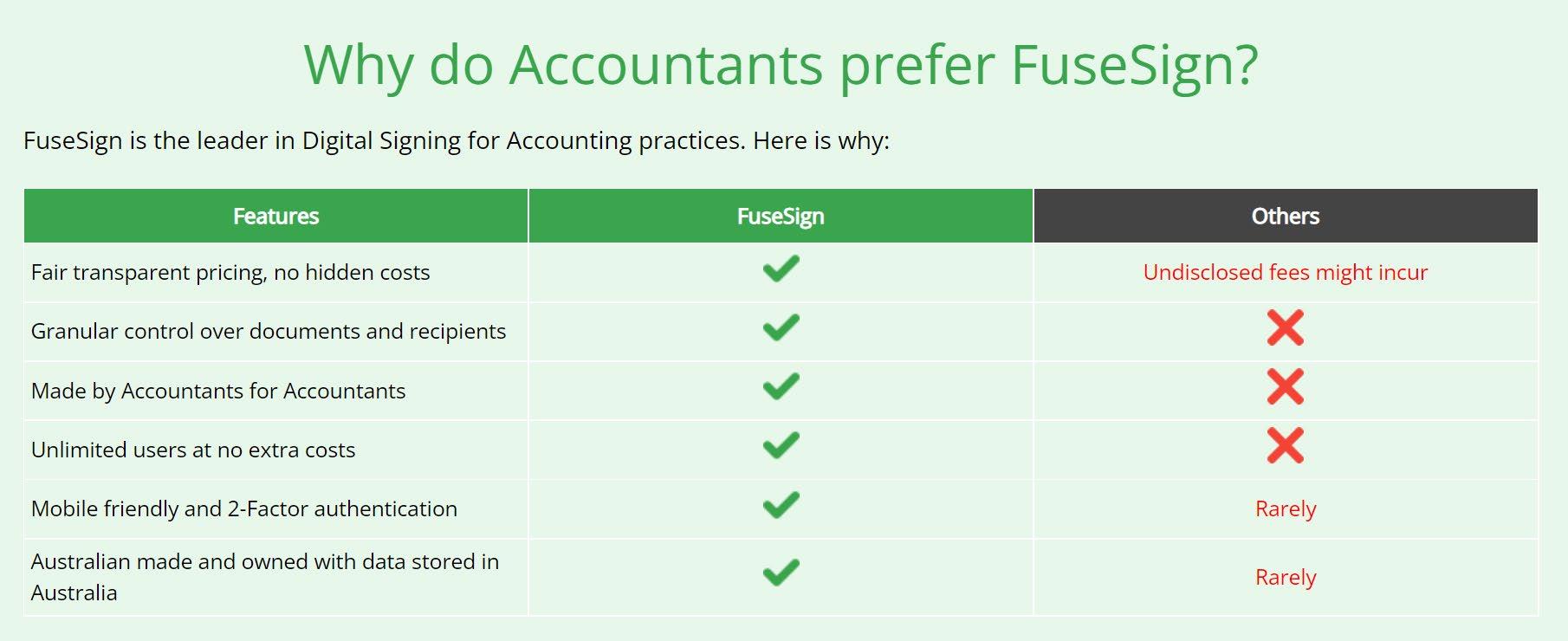Scaling your practice – it’s all about the books The world of bookkeeping has changed so much in the time since I started my professional career.
This article is
T
he clients I met as a trainee, once above a certain size, all had a bookkeeper. When I think back to the tasks those bookkeepers undertook, it was a combination of administration, tea-making and talking to their colleagues[KR1] . Some did their job well, some less so. Bookkeeping software was really in its infancy when I was training and it was only larger clients, or subsidiaries of listed businesses, that used software to manage their finances. Of course, it was desktop software and only for those businesses that could afford a computer!
36 / Issue 30
the cottage industry that perhaps existed before - one in which bookkeepers travelled from client to client performing a rather similar role to the one I described above. The challenges of scalability and process Accountants worldwide had got used to working with bookkeepers like this. Once they found a good one, they often recommended them to other clients. The challenge then became the good ones had no capacity left to do any more work.
So, what’s the role of the bookkeeping industry today? You’ll notice I referred to it as an industry just now - And that’s because it now is. Some of the markets we work in, like Australia, have a real distinction between the bookkeeper and the accountant.
As you can see, the world of bookkeepers in years gone by was one that wasn’t scalable. I recall a few bookkeeping businesses that managed to develop some scale but often a bond would develop between the individual undertaking the bookkeeping and the client, creating the risk that staff would leave and take the clients with them.
What this means is the bookkeeper is regarded as having a very different skillset to those in
The challenge for accounting firms and bookkeepers has always been the need to standardise
@AdvanceTrack
Vipul Sheth ACA CTA, Founder and Managing Director, AdvanceTrack Outsourcing Vipul is a UK based ICAEW Chartered Accountant and Chartered Tax Advisor. Vipul trained with a regional UK firm before moving to Ernst & Young and KPMG. AdvanceTrack is a UK Headquartered Accountancy Outsourcing Company with offshore operational centres, delivering services around the globe. AdvanceTrack demonstrates compliance with international security laws including GDPR through certification to ISO27001:2013 and BS10012 audited by BSI. Quality is certified to ISO9001:2015 and Business Continuity certified to ISO22301:2019.
processes. Previously the smaller the firm the greater the flexibility of processes compared to a larger firm. Having worked in two of the Big Four, it was very clear to me how standardisation made those firms less reliant on any individual, but more on the process and technology in delivering the service. Paper-to-screen revolution Many of you reading this today will be using Xero and other cloud bookkeeping software. This has certainly transformed the way that we’re able to work with client businesses. Covid has just accelerated that shift. The bookkeepers of old would have found it very difficult (impossible!) to operate as they did before, following the Covid outbreak. Bookkeeping software, on its own though, wasn’t sufficient though to really mark a shift in the bookkeeping industry. AdvanceTrack previously didn’t offer a bookkeeping service when it was desktop-only. Even when cloud bookkeeping software
XU Magazine - the independent magazine for Xero users, by Xero users.



































